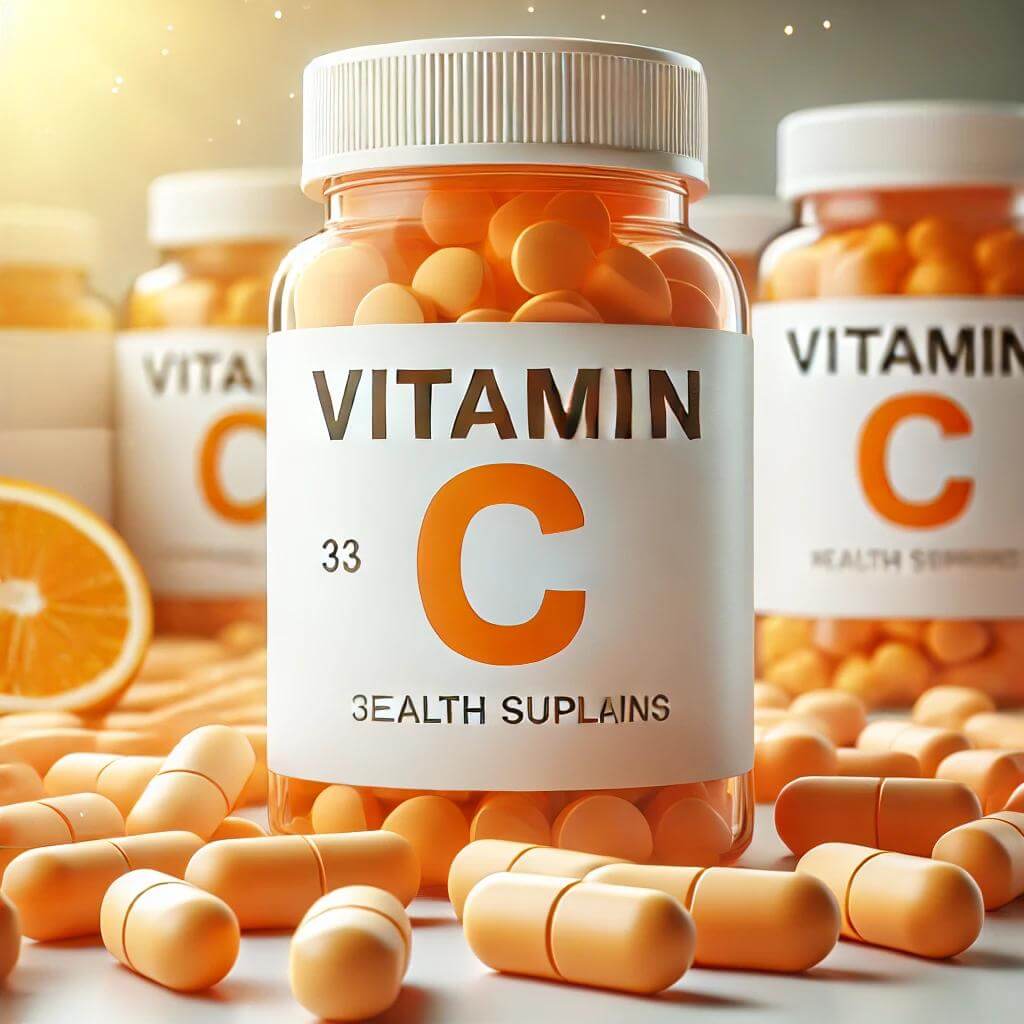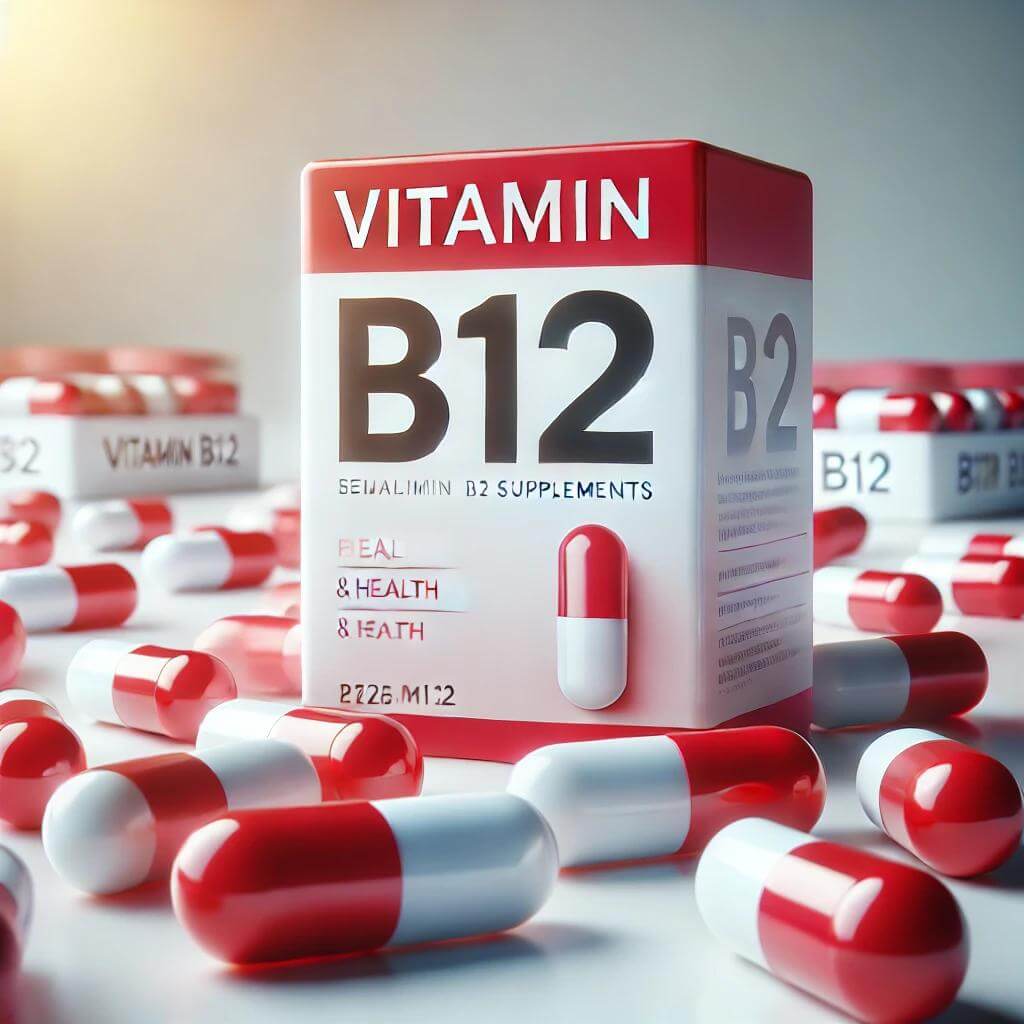1. Strengthens the Immune System
Vitamin C is renowned for its role in supporting a healthy immune system. It stimulates the production and function of white blood cells, which are essential in defending the body against infections. By enhancing these immune cells’ effectiveness, Vitamin C helps the body ward off common illnesses like colds and flu. Moreover, it acts as a powerful antioxidant, protecting cells from damage caused by harmful free radicals, thus reducing the severity and duration of infections.
2. Promotes Healthy Skin
Collagen is a protein that provides structure to the skin, and Vitamin C is a critical factor in its production. Adequate Vitamin C intake helps maintain skin elasticity, reduce wrinkles, and speed up the healing process of wounds. Its antioxidant properties also protect the skin from damage caused by UV rays and environmental pollutants, resulting in a more youthful and radiant complexion.
3. Improves Iron Absorption
Iron is crucial for transporting oxygen throughout the body, and Vitamin C enhances the absorption of non-heme iron (the type found in plant-based foods). This is particularly important for individuals following vegetarian or vegan diets, who may be at risk of iron deficiency. By pairing iron-rich foods with those high in Vitamin C, you can significantly boost iron absorption and prevent anemia.
4. Reduces the Risk of Chronic Diseases
Vitamin C’s antioxidant properties are not just beneficial for the immune system but also play a role in reducing the risk of chronic diseases. Regular consumption of Vitamin C has been associated with a lower risk of heart disease, hypertension, and certain cancers. By neutralizing free radicals, Vitamin C reduces oxidative stress, which is a major contributing factor to the development of these conditions.
5. Supports Cognitive Health
Emerging research suggests that Vitamin C is essential for cognitive health. It helps protect the brain from oxidative stress, which can lead to neurodegenerative diseases like Alzheimer’s and dementia. Additionally, Vitamin C is involved in the synthesis of neurotransmitters, which are crucial for mood regulation and cognitive function.
Sources of Vitamin C
Vitamin C is found in various fruits and vegetables. Below is a table listing foods rich in Vitamin C, sorted by content:
| Food |
Vitamin C Content (mg per 100g) |
| Kakadu Plums |
2,300 |
| Acerola Cherries |
1,677 |
| Rose Hips |
426 |
| Red Bell Peppers |
190 |
| Guavas |
228 |
| Kiwi |
93 |
| Broccoli |
89 |
| Strawberries |
59 |
| Oranges |
53 |
| Lemons |
53 |
| Papayas |
62 |
Disadvantages of Vitamin C
While Vitamin C is generally safe and essential, excessive intake through supplements can lead to certain side effects:
Over-supplementation
Taking too much Vitamin C (above the recommended daily amount) can cause digestive issues such as diarrhea, nausea, and stomach cramps. This usually occurs when supplements are taken in high doses rather than from food sources.
Interference with Medical Conditions
In some cases, high doses of Vitamin C can interfere with medical tests or exacerbate certain health conditions like kidney stones. It’s important to consult with a healthcare provider before taking high-dose Vitamin C supplements, especially if you have underlying health issues.
Conclusion
Vitamin C is a powerful nutrient that plays a crucial role in maintaining overall health. From boosting immune function to promoting healthy skin and reducing the risk of chronic diseases, the benefits of Vitamin C are vast and well-supported by research. Ensuring adequate intake through a balanced diet rich in fruits and vegetables is key to reaping these benefits. While supplements can be helpful, it’s important to avoid excessive intake to prevent potential side effects.




Post Comment